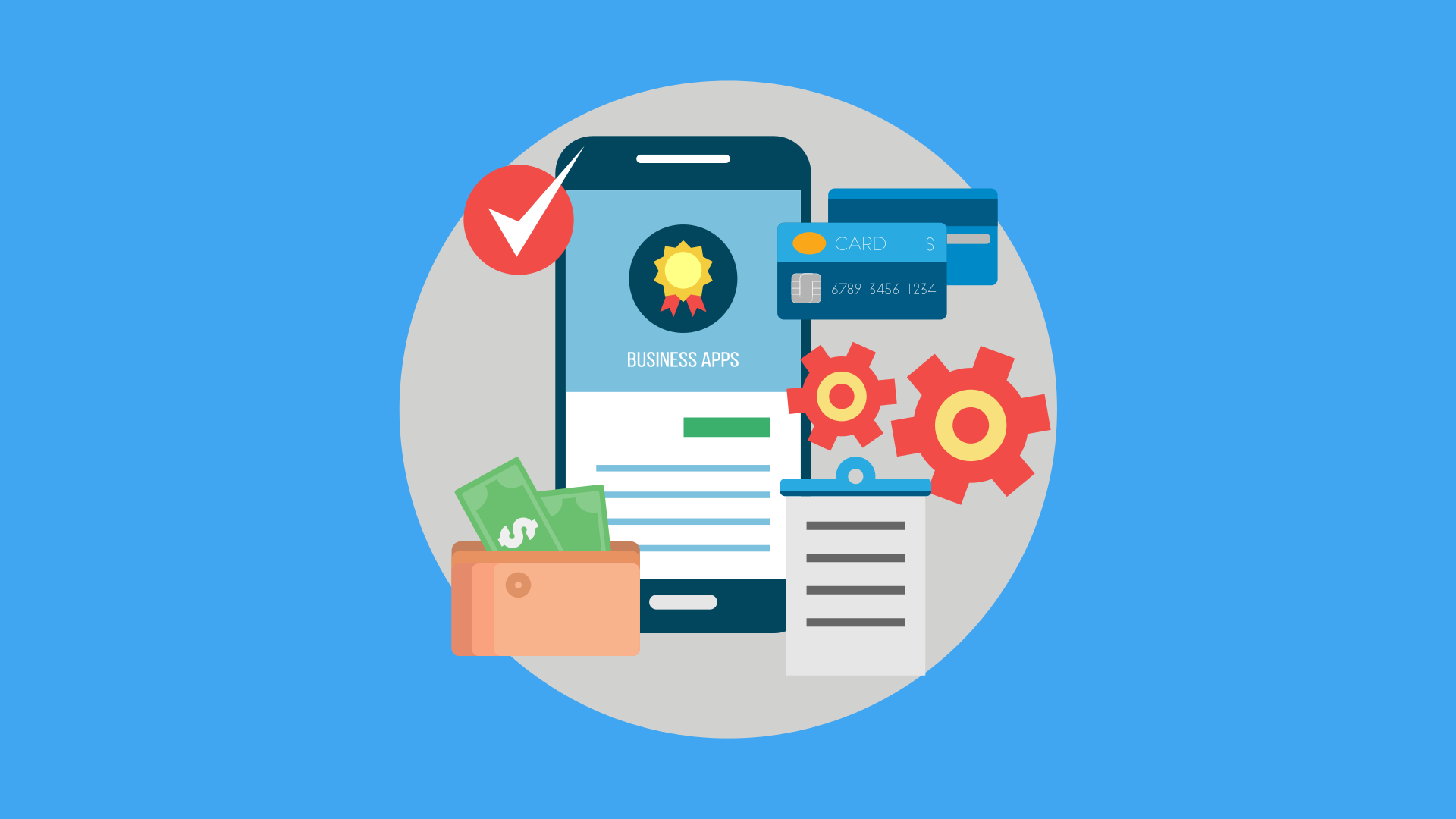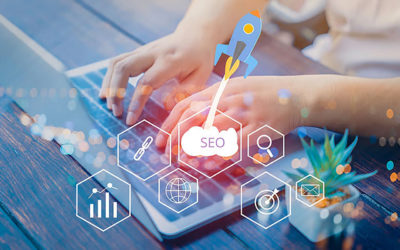Today, people can barely go anywhere without their phones, and the world of mobile development has grown exponentially. Mobile apps, therefore, are essential for most brands that want to connect with their target audience. Moreover, revenues for mobile apps represent an important number and enterprise mobility is estimated to be worth $510.39 billion by 2022.
With such data, it is not surprising that companies and people want to enter the market of mobile apps. So, what is the recipe for success?
When developing an app, keep in mind that app developers should:
- Understand the business needs.
- Have technical skills.
- Count with enough experience in the programming language chosen.
Process of Mobile app development
1. Strategy
Defining the strategy is crucial for any project in general. In the world of mobile apps development, it involves figuring out the objectives, the target users, and, overall, defining the route of the development process. Here you should think about whether your app would be native for Android/iOS or hybrid.
On average, the time of developing an app is approximately 4-6 months. Establishing the strategy consists in establishing also the timeframe, the resources, as well as a clear vision of the picture.
2. Planning
This is the step where the idea becomes more tangible. It involves a lot of analysis to define the requirements and later the product roadmap. As a part of the planning step, you should identify the needed skills, establish the platform and define your technology stack.
3. UX/UI Design
As with any online project, UX/UI design makes an important part. The app’s success will rely heavily on the experience users have while navigating around it. Your application should be intuitive, interactive, and user-friendly.
In this part, you should define the workflow and start with conceptual layouts of your application. The output will usually be a prototype to test both the design and the functionality.

4. Development
The typical application project will consist of three parts: Back-end, APIs, and mobile front-end.
- Back-end: Focuses on the database and the server-side objects necessary to support the functions of the application.
- API: Refers to the Application Programming Interface. This is a method of communication that links the app and the database.
- Front-end: This is the part the end-user interacts with. Usually, there is an API and a back-end server. However, sometimes applications will need to rely on the local database when they are not connected to the internet.
5. Testing
Before launching the app, it is crucial to test it. In general, users will evaluate the visuals, workflow, and interactivity. Testing is one of the widest parts of the process as you should be able to evaluate:
- User Experience
- Performance
- Functionality
- Security
- The platform
6. Deployment and Support
The final step in the development process is launching the application. This will require the preparation of the metadata like:
- The app’s title
- Description
- Category
- Keywords
- Lanch icon
- App Store screenshots
Are you looking for experts to help you throughout the process of developing your mobile app? We are here to help you.











